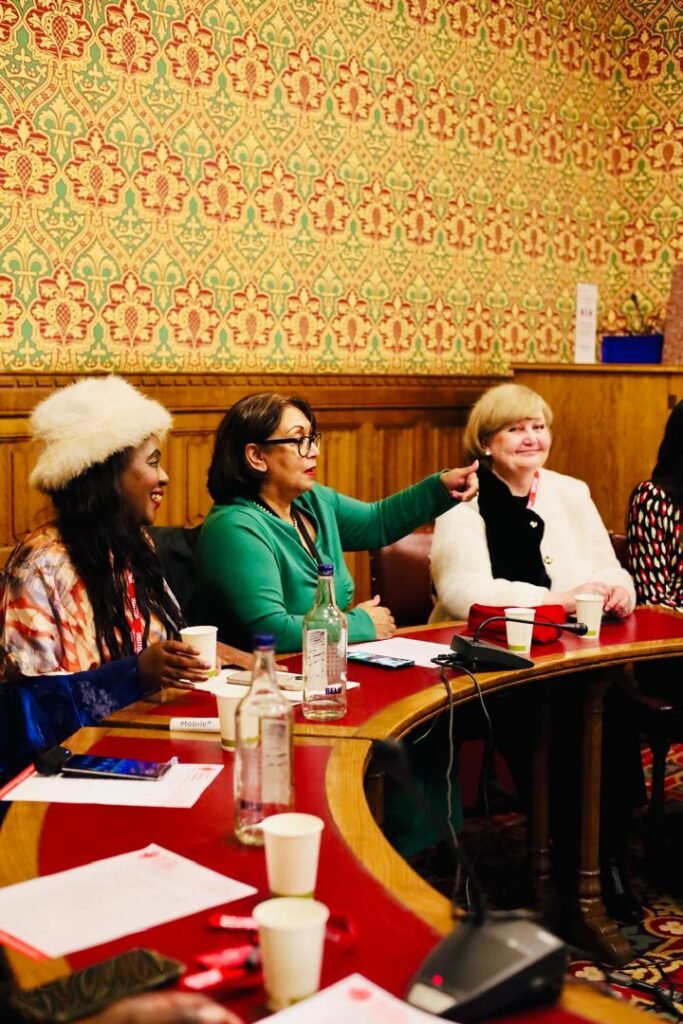News
COCOBOD to address swollen shoot disease, over-aged cocoa trees–CEO

The Ghana Cocoa Board (COCOBOD) will commit more than a third of the USD 600,000 loan it has secured from the African Development Bank (AfDB) to address the problem of swollen shoot diseases and over-aged cocoa trees in the country, the Chief Executive Officer (CEO) of COCOBOD, Mr Joseph Boahen-Aidoo has said.
“We will also do an assessment of the problem and see how it had impacted the lives of cocoa farmers and their families and seek solutions to the problems,” he emphasised.
Mr Boahen-Aidoo disclosed this to the media when he paid a courtesy call on the Volta Regional Minister, Dr Archibald Yao Letsa at his office on Tuesday as part of his three-day duty tour of the Volta and Oti regions.
The visit was to enable him and his entourage inspect cocoa farms as well as assess various crop initiatives, and the degree of damage caused by the swollen shoot disease on their farms.
Mr Boahen-Aidoo said so far, 300,000 hectares of the cocoa lands had been affected by the swollen shoot disease in the country, adding that the Volta and Oti regions were not left out.
Meanwhile, he said 3.6 million cocoa seedlings had been raised for distribution to farmers and that a total of 3,000 hectares of cocoa farms affected by swollen shoot were to be rehabilitated.
“This will begin to yield results between six and seven years”, the COCOBO CEO added.
In the meantime, he said, hand pollination and pruning were among measure adopted to protect the cocoa farms.
Mr Boahen- Aidoo commended the security agencies in the Volta Region for their ferocious fight against cocoa smuggling, saying “The recent seizure of a total of 625 bags of cocoa from smugglers in the Wudome, Ave, Papase and Kadjebi areas testified to their strong stance to protect the cocoa industry from nation wreckers.”
On his part, Dr Letsa said that cocoa was a national treasure and for that matter, the Regional Security Council would always protect the interest of the farmers and deal ruthlessly with the smugglers.
FROM ALBERTO MARIO NORETTI, HO
News
Northern Regional Police arrest three suspects in kidnapping case

The Northern Regional Police Command has arrested three men believed to be part of a kidnapping syndicate responsible for abducting a 42-year-old man in Wapuli, a community in the Yendi District.
The suspects, Haruna Seidu, Amidu Bandi and Osman Bandi allegedly kidnapped the victim and demanded GH¢100,000 from his family for his release.
According to a police statement, officers from the Regional Police Intelligence Directorate were deployed to Wapuli after the incident was reported.
The team conducted surveillance and launched a rescue operation.
On Friday, December 5, 2025, police successfully rescued the victim and arrested the suspects after what was described as an intense exchange of gunfire.
The suspects were later taken into custody and are expected to be arraigned before court.
The Police said the a fourth suspect, who is believed to have sustained gunshot wounds during the operation, is currently on the run.
They urged the public to provide any information that may lead to his arrest.
By: Jacob Aggrey
News
Nana Yaa Serwaa Sarpong advocates Bold educational reforms at the UK House of Lords during Global Education Summit.

On November 27 2025, global development leaders, policymakers, education experts and civil society organisations gathered at the UK Parliament’s House of Lords for the Global Education Summit hosted by The Baroness Verma of Leicester and organised by the African British Business Forum.
The high-level event focused on the global rise in out-of-school children and the urgent reforms required to deliver equitable, quality education for all.
Among the distinguished Speakers was Nana Yaa Serwaa Sarpong, Founder & President of Women in Sustainability Africa (WiSA) and General Manager of the EIB Network, who delivered a compelling address on the theme “Breaking Barriers: Empowering Out-of-School Children Through Education.”
In her remarks, Nana Yaa who is currently celebrating 26years of Service in the Media, emphasized that education must be viewed as essential national infrastructure, not charity.
Borrowing experiences from her 18 years of empowering women and young people, she presented a strong case on how Africa’s poor educational systems tie into the poor state of its Gender Equality gap.
According to her, unlocking access to education is one of the most effective ways to strengthen economies, empower women and young girls, build resilient communities and drive sustainable development.
She highlighted that each child excluded from learning represents deferred innovation, delayed opportunity and a weakened society.
Nana Yaa noted that the barriers keeping millions of children out of school are complex and interconnected—ranging from poverty and cultural norms to geographical isolation and digital exclusion.
Addressing these challenges, she argued, requires solutions that are equally comprehensive and multi-layered.
Nana Yaa stressed that girls remain disproportionately affected, and investing in girls’ education has a transformative impact across several Sustainable Development Goals, including gender equality, poverty reduction, health outcomes and climate resilience.

Nana Yaa advocated for the expansion of flexible, inclusive and community-responsive educational models, such as mobile classrooms for remote and nomadic communities, community learning hubs, after-hours programmes for working children, radio-based instruction for low-tech areas and digital platforms designed to reach learners regardless of connectivity challenges.
She warned that without deliberate action, the digital divide would continue to widen, pushing already vulnerable children further to the margins.
During her presentation, she introduced three major reforms WiSA is seeking Partners for, aimed at reshaping educational access across Africa and beyond.
These are the Digital Bridge for Out-of-School Children (DBOC), the Community Education Stewardship Hubs (CESH) involving local women educators and youth volunteers and the Teen-focused Global Skills Accelerator for Out-of-School Teens (GSA-OT).
She also underscored the need for education systems that support instruction, inclusivity and healing, particularly for children experiencing autism, trauma, displacement or conflict.
Nana Yaa emphasised that emotional and psychological support must be integrated into educational frameworks in order to restore confidence, stability and long-term learning capacity.
The summit concluded with strong commitments from stakeholders to adopt sustainable financing models, strengthen data-driven policies and expand cross-sector partnerships.
The African British Business Forum reaffirmed its commitment to championing innovative, scalable solutions to educational inclusion across the UK, Africa and the wider global community.






